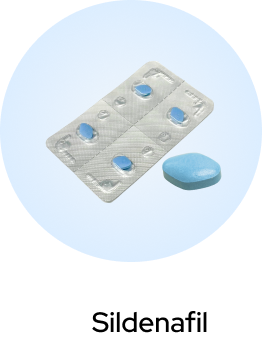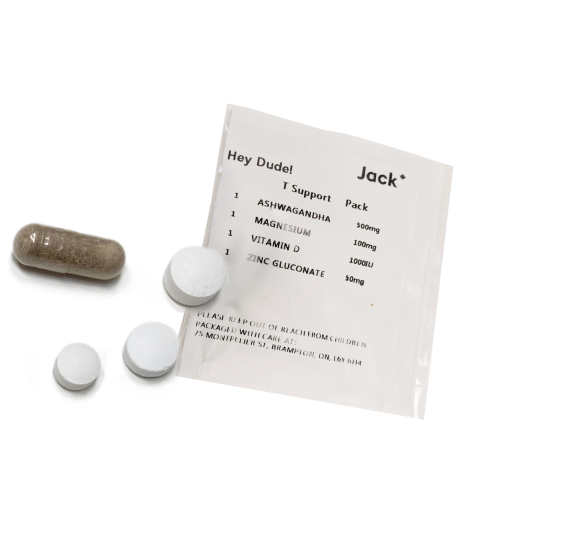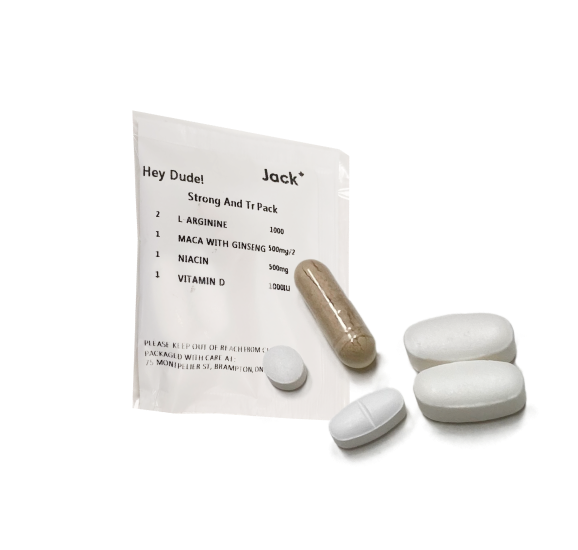Exercise – for some the mere mention triggers anxiety, annoyance and despair. For others, it’s the highlight of their day. Regardless of how you feel about it, you’ve heard that exercise is a key factor for weight management and overall health. And it’s true – exercise is one of many factors that can change how your body gets and stays healthy.
In general, Health Canada recommends adults get 30 minutes of moderate activity (something that gets your heart beating faster) five times a week. With our sedentary and busy lives, frankly any amount of exercise, when done consistently, is beneficial to your health and can promote weight loss!
Here are five reasons why exercise can be a useful tool for weight management
1. It stresses your heart out – in a good way!
Exercise almost always raises your heart rate, meaning that your cardiovascular system is being put under some stress. This stress helps to strengthen your heart health and also burns energy in the process. You get energy from calories that you consume – that exercise will consume some energy from the calories you eat. Burning of calories is important as any excess calories that would have been stored as fat are now being burned, thus allowing for more weight stabilization.
2. It makes your brain feel good
Exercise also promotes a positive mental health and can reduce stress for many individuals. Stress is one of many negative contributors to weight gain- stress causes hormones to be released that increases fat reserves and how often your body holds in these excess energy reserves. Similar to this, exercise also aids in reducing the symptoms that come with anxiety and depression. Like stress hormones, anxiety and depression symptoms cause your body to increase its fat reserves and hold onto more fat from its meals, thus allowing for weight gain to occur. By working out, individuals are able to manage these symptoms more easily and allow for their weight to stay in check.
3. It can improve other health markers
Exercise requires energy and our bodies preferred energy source is carbohydrates. This is good news for our blood sugar levels. When we exercise, the body will use sugar from the blood first as fuel for our activity, helping our body keep our blood sugar levels in check.
Cholesterol levels can also be helped, thanks to increasing how much and often we exercise. When we are moderately to vigorously active (ranging from able to talk but not sing during activity to almost out of breath), we increase our good cholesterol levels. This results in a beneficial effect to the HDL value on our bloodwork, making our heart happy and healthy.
4. It can help you sleep better
Exercise almost always results in some level of exhaustion, and so it comes with no surprise that it should improve our sleep. In fact, exercise has been shown to improve sleep efficiency. It decreases how long we spend in light sleep and increases our REM sleep, resulting in better overall quality of sleep. If you struggle with insomnia, it can be beneficial to strive to keep a consistent exercise routine.
5. It can make your bones stronger
Resistance exercise and weight bearing activity is essential to bone maintenance. It is always important to remember, if you don’t use it, you lose it! When we put stress on our bones in the form of weight-bearing activity or resistance exercise, you are essentially telling your body that you need to maintain your muscles and bones for strenuous activities. This can help decrease the risk of fractures and other injuries.
Exercise can directly cause weight loss by increasing the amount of energy you burn. Although it is not a must for weight loss, it can indirectly and significantly help your overall health!
References:
Dolezal, B. A., Neufeld, E. V., Boland, D. M., Martin, J. L., & Cooper, C. B. (2017). Interrelationship between Sleep and Exercise: A Systematic Review. Advances in preventive medicine, 2017, 1364387. https://doi.org/10.1155/2017/1364387
Osteoporosis – Canada.ca [Internet]. [cited 2022 Oct 3]. Available from: https://www.canada.ca/en/public-health/services/chronic-diseases/osteoporosis.html
Vina, J., Sanchis-Gomar, F., Martinez-Bello, V., & Gomez-Cabrera, M. C. (2012). Exercise acts as a drug; the pharmacological benefits of exercise. British Journal Of Pharmacology, 167(1), 1–12. doi: 10.1111/j.1476-5381.2012.01970.x. Retrieved from https://www.ncbi.nlm.nih.gov/pmc/articles/PMC3448908/

Ozempic: Top Health Benefits Besides Weight Loss
Ozempic has taken the healthcare world by storm, gaining popularity not only for its effectiveness as a GLP-1 drug but also for its weight loss

Can exercise improve your T levels?
Not directly, but it helps build muscle and lose weight both of which have a positive effect on T levels.

Your kitchen & your diet: top tips to help lose weight
Many things affect what we eat, and if we lose weight – one of the biggest and easiest to manage is what we have in our kitchen.



















 (US)
(US)



